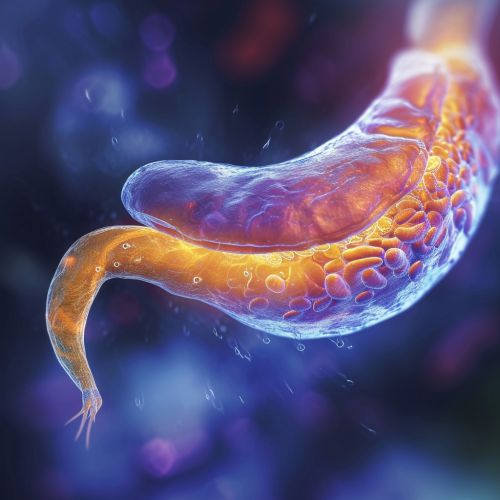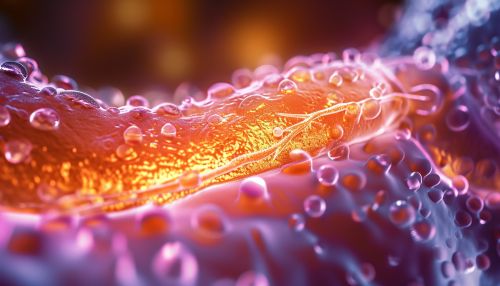Type 1 diabetes
Introduction
Type 1 diabetes, also known as juvenile diabetes or insulin-dependent diabetes, is a chronic condition in which the pancreas produces little or no insulin. Insulin is a hormone needed to allow sugar (glucose) to enter cells to produce energy. The exact cause of type 1 diabetes is unknown. Usually, the body's own immune system — which normally fights harmful bacteria and viruses — mistakenly destroys the insulin-producing (islet, or islets of Langerhans) cells in the pancreas.


Causes
The exact cause of type 1 diabetes is not known. For some reason, the immune system mistakenly attacks and destroys insulin-producing cells in the pancreas. This is a process that can go on for months or years before symptoms appear. Scientists believe that both genetic factors and environmental triggers are involved. Its onset has nothing to do with diet or lifestyle.
Symptoms
The symptoms of type 1 diabetes can develop quickly, usually over a period of weeks. They include increased thirst and frequent urination, extreme hunger, weight loss, fatigue, blurred vision, and in women, frequent vaginal yeast infections. If you're a child who's developed type 1 diabetes, you may also have sudden mood changes.
Diagnosis
Doctors can diagnose type 1 diabetes through a series of tests. A glycated hemoglobin (A1C) test provides an average of how much glucose has been in your blood over the past two to three months. If your A1C level is 6.5 percent or higher on two separate tests, you'll be diagnosed with diabetes.
Treatment
There's no cure for type 1 diabetes. Treatment focuses on managing blood sugar levels with insulin, diet, and lifestyle to prevent complications. People with type 1 diabetes need lifelong insulin therapy. Types of insulin are many and include rapid-acting insulin, long-acting insulin, and intermediate options. Depending on your needs, your doctor may prescribe a mixture of insulin types to use throughout the day and night.
Complications
Over time, type 1 diabetes complications can affect major organs in your body, including heart, blood vessels, nerves, eyes, and kidneys. Maintaining a normal blood sugar level can dramatically reduce the risk of many complications. Eventually, diabetes complications may be disabling or even life-threatening.
Prevention
There's no known way to prevent type 1 diabetes. But researchers are working on preventing the disease or further destruction of the islet cells in people who are newly diagnosed.
See Also
- Insulin - Pancreas - Blood sugar level - Diabetes management
